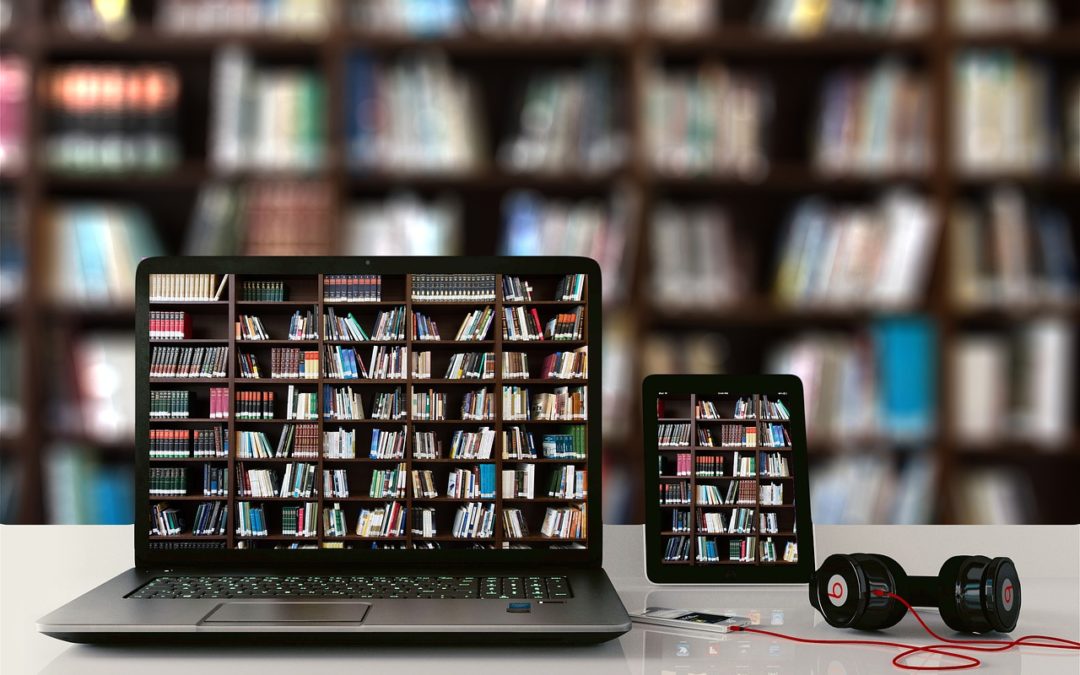Recently while catching up with a good friend of mine from university, he told me about his latest “art-related” purchase, an NFT called “eternal beings.” For those who don’t know much about the eternal beings project it is a collaborative project of a famous rapper called Lil Uzi Vert which features the design of 11,000 different but quite similar characters. Essentially how it works is the day the NFTs were released, users could pay with cryptocurrency to acquire 1 of 11000 eternal beings characters, and an AI would randomly generate some of the features making them all unique. Things from background color, to character color, to hairstyle all determined the value of the NFT based on rarity and just “hype”/preference. What I found particularly interesting was that my friend showed me a couple of the “coolest” eternal beings characters and talked about how well designed they were.
This brought me to the line of thought of how AI generated art may start to become a new field of interest. After a little bit of research I discovered the AI generated portrait sold at Christie’s art show for 432500$ at Christie’s art show, and the many other applications of software to generate art, whether fully automated or with slight interference from a programmer.
This brought back memories of a discussion I had in my “theory of knowledge” class back in high school, a discussion about what constitutes art. I would like to begin by distinguishing the use of software and AI to generate art as if as a paintbrush, to the fading line of human interaction that comes from self-learing or pattern recognition technology.
As I think back to that class in highschool I recall our discussion about intention and human purpose in definitions of art. Even if you look at the google-provided definition of art it features that same premise. But I do believe as technology becomes more apt, the line of human intention in generating artistic pieces through AI becomes slowly blurred, providing for an interesting discussion of what we still classify as art.
I personally find it weirdly unsettling looking at that picture from Christie’s art gallery of the AI generated art piece knowing that the creator of the art-piece had no direct intention for the outcome, yet created something that is in many ways artistically provocative. I don’t have any interesting conclusion but instead just enjoy provoking introspection on how technology rewrites definitions and phenomena around us in so many ways.
Citations:
Ziv Epstein, Sydney Levine, David G. Rand, Iyad Rahwan, Who Gets Credit for AI-Generated Art?, Science, Volume 23, Issue 9, 2020, 101515, ISSN 2589-0042, https://doi.org/10.1016/j.isci.2020.101515.
Kazinka, K. (2018). AI-Generated Portrait Sells for $432,500 in an Auction First. Bloomberg.com. Retrieved October 7, 2021, from https://www.bloomberg.com/news/articles/2018-10-25/ai-generated-portrait-is-sold-for-432-500-in-an-auction-first.

